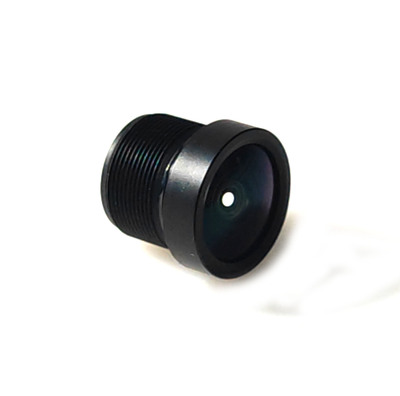No More Glare, Clear Vision How Anti-Glare Automotive Lenses Perform in Bad Weather
Driving in adverse weather conditions can be a daunting task. Glare from oncoming headlights, sunlight reflecting off wet roads, and fog can significantly impair visibility and increase the risk of accidents. However, advancements in automotive technology have led to the development of anti-glare automotive lenses, offering drivers a clearer view of the road, even in the most challenging conditions.pass car camera lens It can be seen from the present situation that the market prospect is relatively broad, which is conducive to our reference and investment. https://www.oksee-lens.com/
Anti-glare automotive lens.jpg
Understanding Anti-Glare Technology
Anti-glare automotive lenses employ advanced optical coatings and design techniques to reduce glare and enhance visibility. Here’s a breakdown of how they work:
Multi-layer coatings: These coatings are applied to the lens surface, creating a series of interference patterns that reduce the amount of light reflected back into the driver’s eyes.
Polarizing filters: Polarizing filters block light waves that vibrate in a specific direction, effectively reducing glare from reflective surfaces like water and snow.
Hydrophobic coatings: These coatings repel water and prevent the formation of water droplets on the lens surface, improving visibility in rainy conditions.
Photochromic lenses: These lenses automatically adjust their tint based on the intensity of light, reducing glare in bright conditions and improving visibility in low-light conditions.
Comparison with Traditional Lenses
Traditional automotive lenses, while functional, often struggle to provide optimal visibility in challenging weather conditions. Anti-glare lenses offer several advantages:
Reduced glare: The most significant benefit of anti-glare lenses is their ability to reduce glare from oncoming headlights, the sun, and other light sources.
Enhanced contrast: Anti-glare lenses improve contrast, making it easier to see objects and details, especially in foggy or hazy conditions.
Improved night vision: These lenses can enhance night vision by reducing glare from oncoming headlights and streetlights.
Greater safety: By improving visibility, anti-glare lenses can help to reduce the risk of accidents.
Selecting the Right Anti-Glare Lenses
When choosing anti-glare automotive lenses, consider the following factors:
Vehicle type: Different vehicles may have different lens requirements. Consult your vehicle’s manual or a professional for specific recommendations.
Climate: If you live in an area with frequent rain or snow, look for lenses with hydrophobic coatings.
Night driving habits: If you frequently drive at night, consider lenses with enhanced night vision capabilities.
Budget: Anti-glare lenses vary in price, so choose a product that fits your budget.
The Future of Anti-Glare Lenses
Anti-glare automotive lenses are poised to play an even more significant role in the future of driving. As autonomous vehicles become more prevalent, the demand for advanced vision systems will increase. Anti-glare lenses will be essential for ensuring that these vehicles can safely navigate in a variety of conditions. Additionally, we can expect to see further advancements in anti-glare technology, such as self-cleaning lenses and lenses that can adapt to changing lighting conditions in real-time.